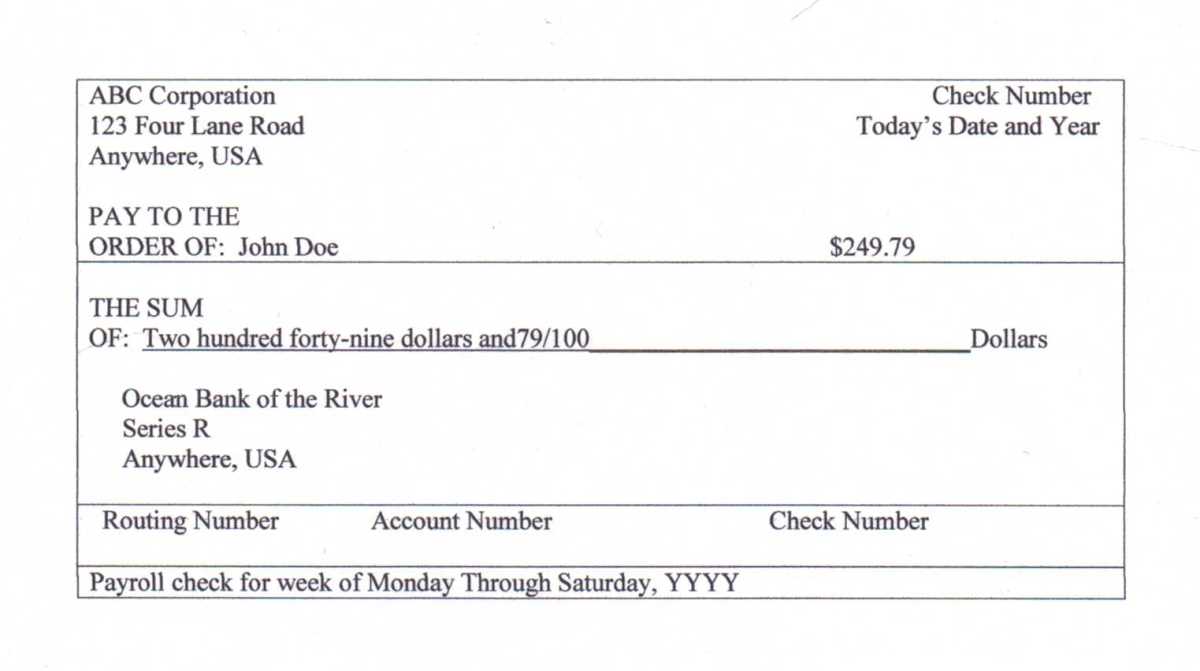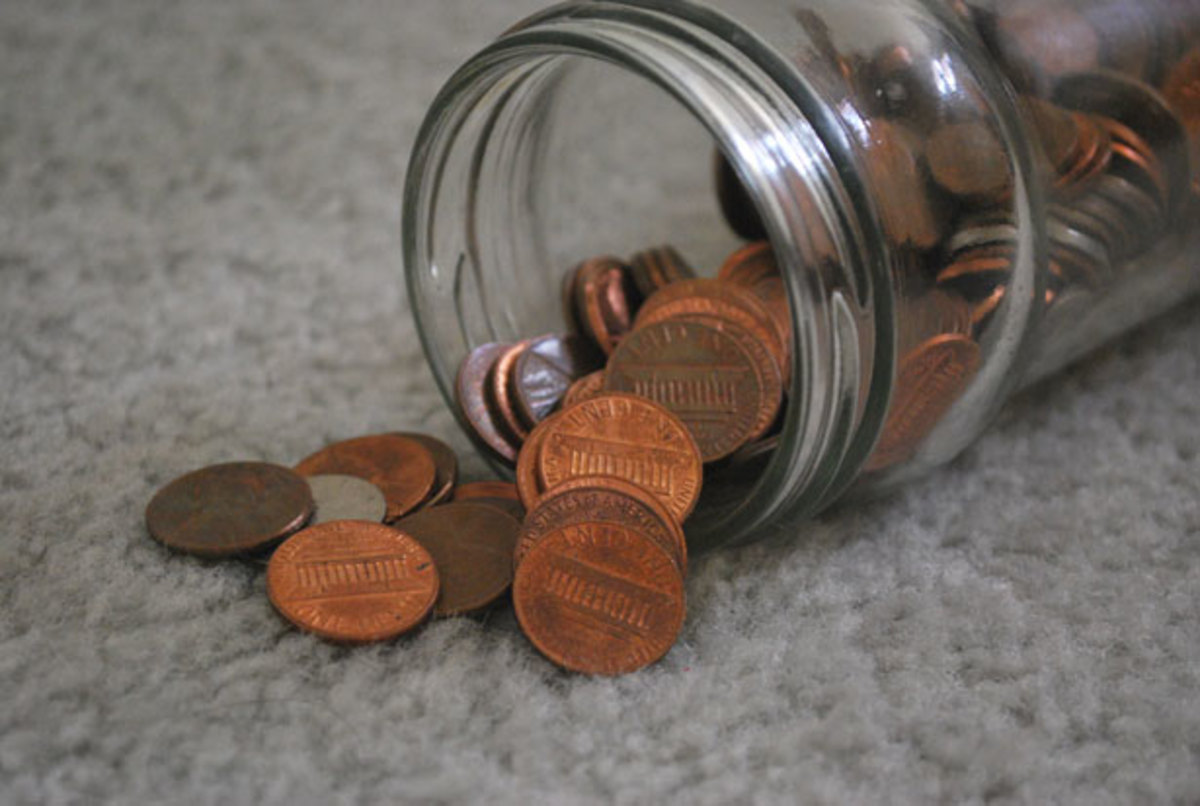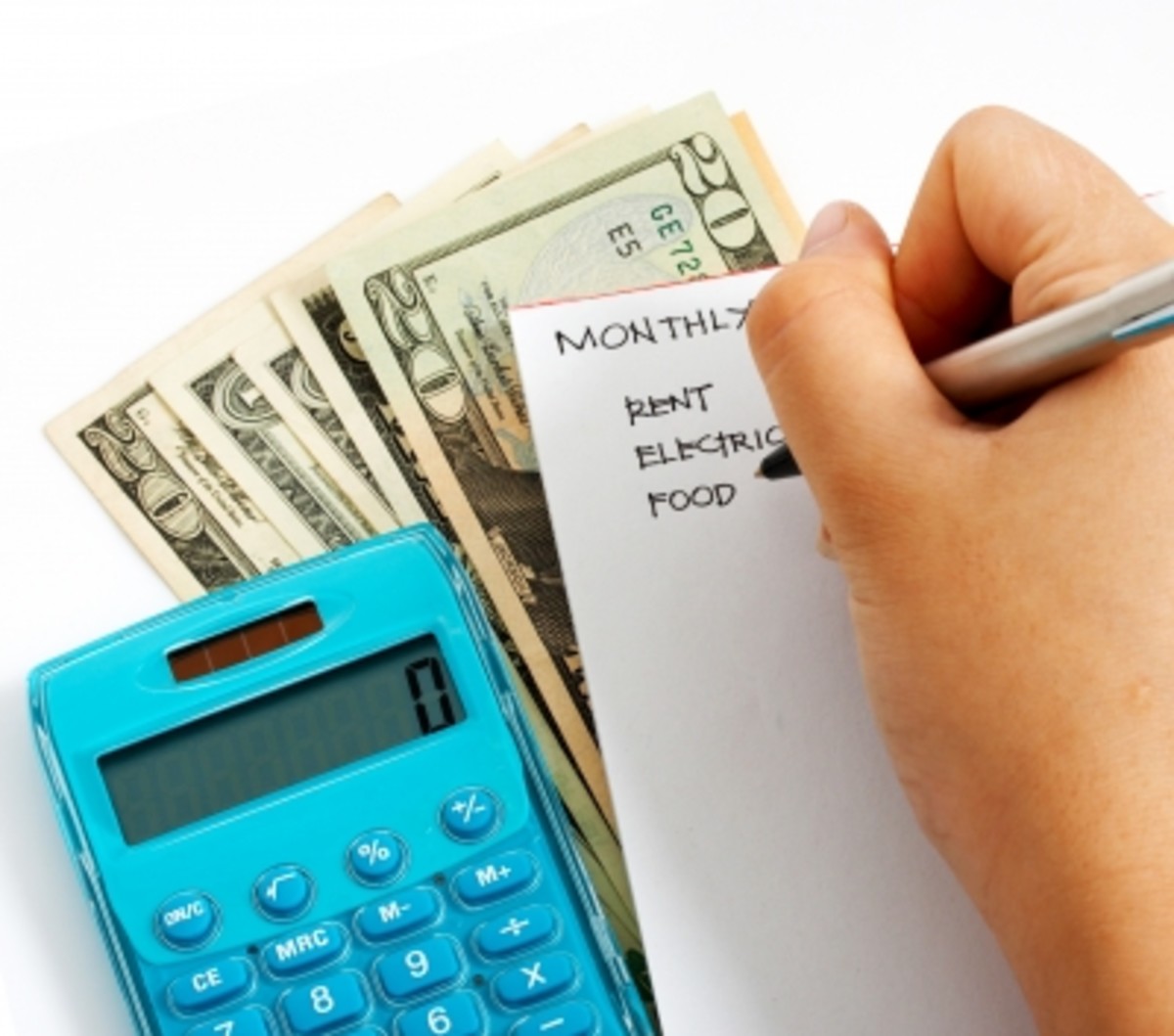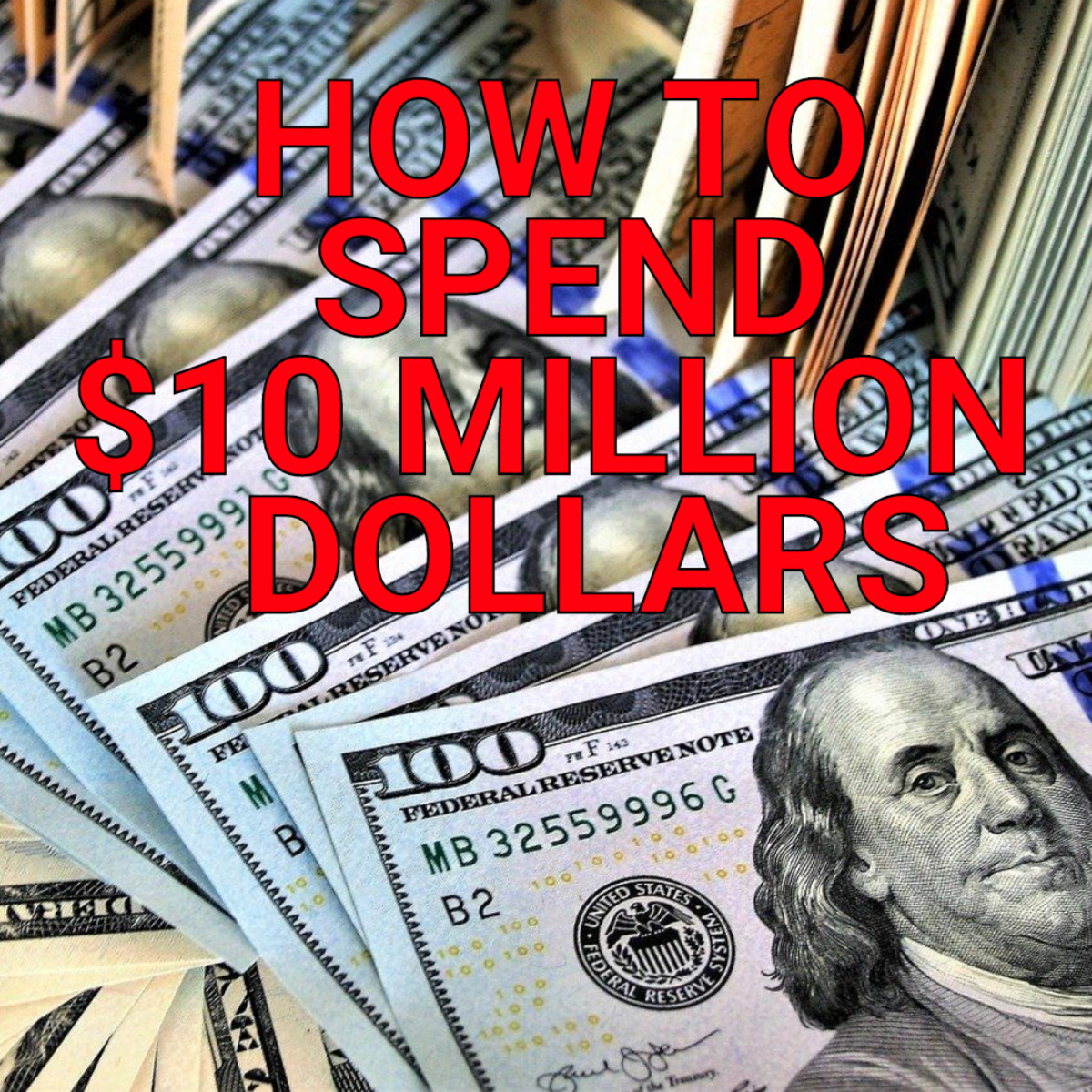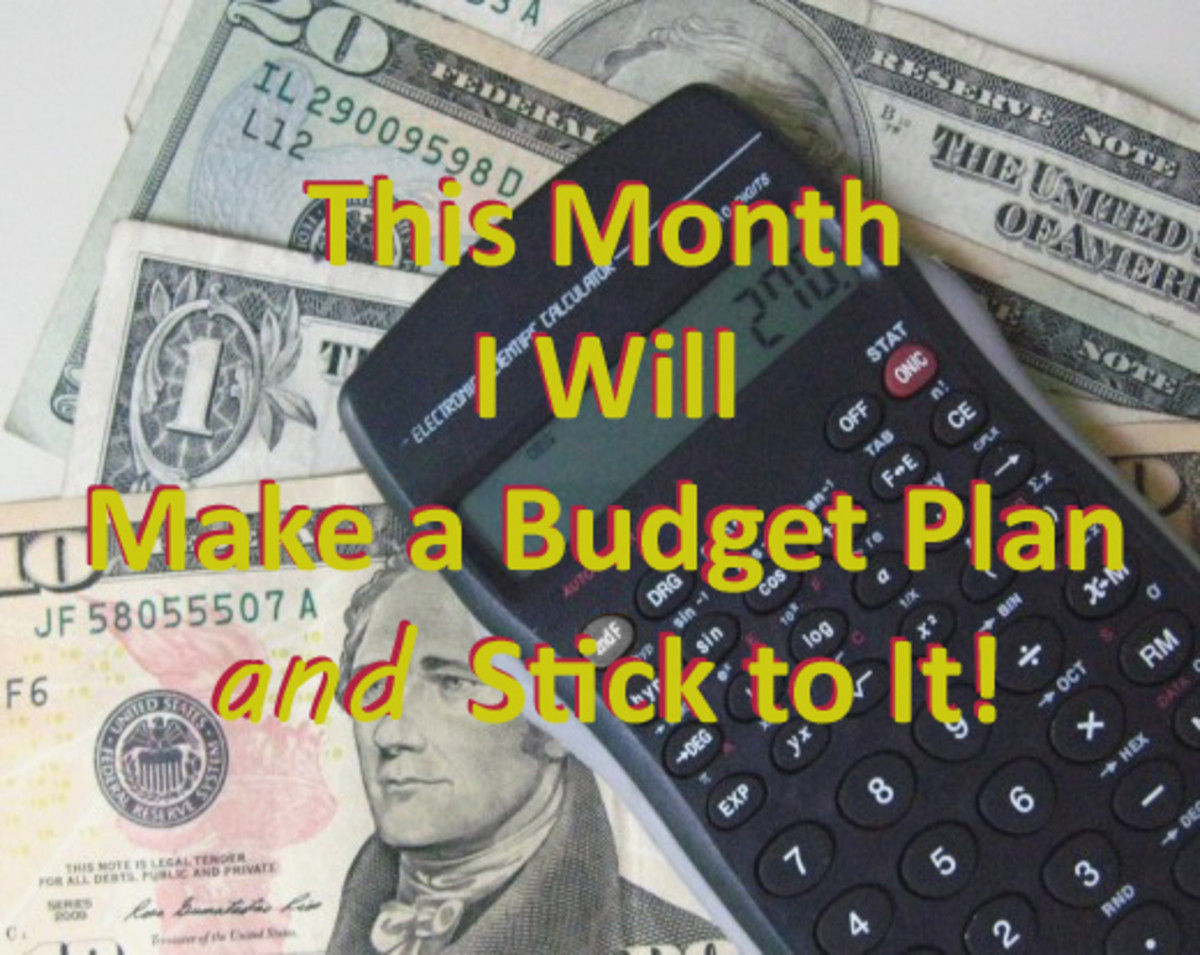Cash Envelope Budgeting- Does it Save You Money?
Our family recently enrolled in David Ramsey's Financial Peace University. While this article is not a review of his particular method, we do use his cash envelope system for our monthly budget. Other financial experts have recommended variations of this envelope system. All the principles are essentially the same:
1. You allocate money for different categories.
2. You fill your envelopes up, and when the money is gone, you stop spending.
This article is going to take a closer look at the advantages to this system, as well as the question everyone wants to know....does it really work?
Finally, I will outline the steps we took to make this type of money management work in our home.

Cash envelope categories and setup
When you begin using a cash system, you first have to come up with categories that fit your lifestyle. The trick is to make the categories specific enough that you can keep track of where your dollars are going, but not so strict that you are exhausted by your own complex system.
Secondly, you will want to only use cash for items that you pay cash for! If all your utility bills, mortgage, etc. are paid directly online, then it makes no sense to withdraw the money. Keep in mind, there are some bills that are not so easy to figure out. For example, a water bill comes once a quarter. You'll have to figure out some way to set aside a monthly amount so you have the total when the bill comes due. You essentially have two options:
1. Use an envelope and then redeposit the money.
2. Create another account (like a savings), where you dump your monthly payments for bills that only come once in a while. That way, you won't wonder where its gone just sitting in your checking account.
Anything you can pay cash for, DO!
Here are the categories we chose...
Food
| Gas
| Medical
|
Clothing
| Entertainment
| Car Repairs
|
Furniture Fund
| Vacation Fund
| Toiletries
|
Pet Care
| School Supplies
| Babysitting
|
Gifts
| Household Items
| Hair Care
|
But what about the perks my credit card gives me?
I know this argument and have used it. The free miles, the free gas, points, cash, whatever. It is true that you get some rewards. However, the problem is this (especially for those in debt):
You will AUTOMATICALLY spend more when you use a credit card. It is like the law of gravity. Cash is different. I'm not really sure how or why, but it is. We tried the cash system for two years and then got pulled into the idea of "rewards". We went back to credit cards, trying to use the same budget system, and ended up in debt.
The reality is that with a cash system, you will spend less. This means that many of these perks you can afford, without getting that annoying interest that creeps up on you.
Try the envelope system for two or three months and see how money starts appearing.
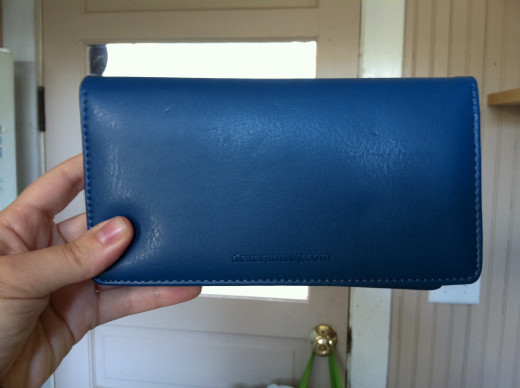
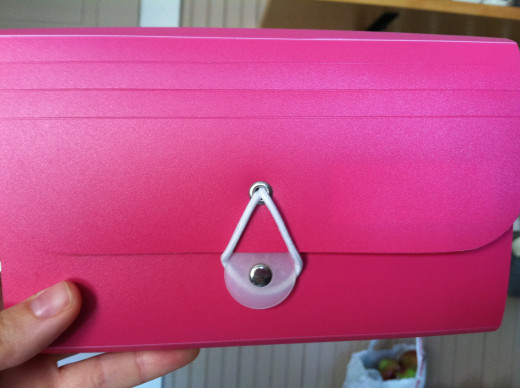
Making your system work in real life
First things first- make a budget. Figure out how much money you need to keep in the checking account in order to pay the bills. The rest should come out as cash and get allocated.
What kind of envelope system works for you?
- You could actually use envelopes, but you will have to replace them every couple of months.
- You could use a coupon organizer. Label each tab with your category.
- David Ramsey sells a cash envelope system that looks a bit like a checkbook.
- If you aren't comfortable carrying a lot of cash, you could create a system at home first, and just grab what you need when you go out. A cash box or safe would work fine.
- You could get a binder and use sheet protectors to hold your money.
If you decide to keep most of your money at home, you will have to do a bit of planning when you go out. Without all the money in your hands, it certainly eliminates impulse buys! For those who are fine carrying it in a coupon organizer, be careful about stealing money from one category to pay for something else!
My analysis on the psychology of the cash system.
An Amazing Thing Happened
Our budget was tight. When I say tight- I mean tight. We went through all our bills and figured out how much we could put in each envelope each week. So once a week, Andrew or I would go to the bank and ask for a lump of cash (don't forget to ask for some 5's and 10's so it is easy to divide the money up). We'd come home and stuff our envelopes and here were some examples....
envelope amounts per week...
Food $150.00
Gas $60.00
Car repairs $20.00
Clothing $20.00
Entertainment $20.00
Toiletries $5.00
On and on we'd go til they were all full. I know what you are thinking..."$5.00 for toiletries!? No way!"
Well at first, it was hard. It takes a few months to build up some inventory. But here's what we did.
For the first few weeks, I didn't buy any toiletries (thankfully we had plenty of shampoo and soap). At the end of the month, I had $20.00 just for that stuff. It turned out, I didn't need it until about two weeks later. By then I had $30.00. It was MORE than enough to grab a bottle of shampoo, conditioner, soap, deodorant lotion, and some Chapstick. Then I was set for at least two months. By the time I needed it again, I had $40.00 this time around. Are you seeing how once you get the ball rolling, you should always have enough?
Of course, if your toiletries budget is supposed to be for high end products, you'll have to rearrange your budget some. I'm simply trying to give an example of the snowball effect.
The same thing happened with our clothing budget. We were set with clothes and so for about five months, I let it sit. When it the seasons were changing and we needed some new clothes, I had over $400.00 cash to use.
Psychologically, I felt like my money was growing. Each week, I'd count my cash...and frankly- feel rich! Nothing had changed in our income, but now that sensation of feeling "poor" was gone, and I didn't feel like I had to rebel. I certainly lost my fatalistic mindset about money... "Oh who cares, we're in debt anyway!" kind of thinking.
It also helped me stick to my other budgeted areas. When I would run out of food money and feel tempted to steal $20.00 from clothing, now it wasn't just about giving away a green piece of paper, it was like I held in my hands..."What do you want more right now? A carton of ice cream or a new sweater?" The money had taken on meaning.
That is the power of the envelope system that CANNOT be captured when you use credit cards.
You will get addicted to the free feeling
When you can walk away from a purchase, a vacation, or a dinner out, you will feel such a relief knowing that it won't come back to get you 30 days later when your credit card comes due.
Going to cash does take a little bit of work and effort to get started. But the minute you see those envelopes fattening up with cash, you'll be so glad you switched.

